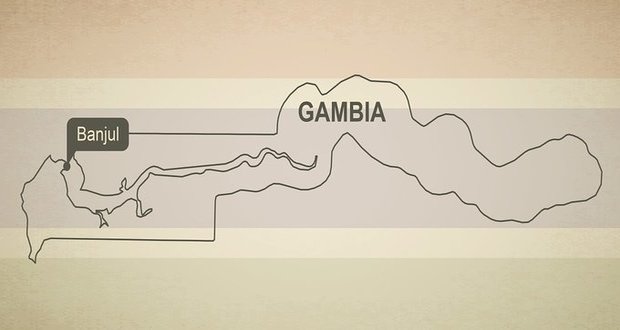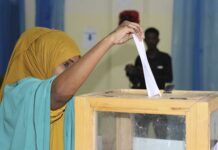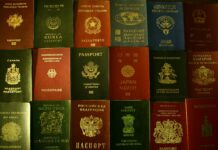This past week, the international community stood astonished as Donald Trump was officially inaugurated as US president, while the same country that elected him was overwhelmed with coast-to-coast protests against him.
However, the rest of us ‘lesser’ nations received a pleasant surprise when The Gambia’s former president, Yahya Jammeh, was forced to step down after being democratically voted out in favour of Adama Barrow on 1 December 2016. Jammeh had initially refused to step down, clinging to the apron of power like a terrified child, resulting in Barrow being sworn in at the country’s embassy in Senegal on 19 January 2017.
What a smooth presidential beginning, right? I guess compared with Trump, anyway.
But then, the Economic Community of West African States (Ecowas) began an invasion of The Gambia by West African troops and negotiated an appealing exit-strategy for Jammeh, which eventually inspired him to bow out and let Barrow take over.
The negotiations by the various parties have been criticised for their apparent leniency towards Jammeh, making it appear as though his future is set to be comfortable and secure. Barrow has not mentioned the possibility of prosecution, although he has discussed establishing a Truth and Reconciliation Commission to find the true events of the past 22 years.
Jammeh’s legacy
One of the biggest obstacles that Barrow must now face is that Jammeh stole millions from the Gambian state coffers before leaving the country, according to presidential advisor Mai Ahmed Fatty. Jammeh has also reportedly taken personal belongings, such as luxury cars, with him despite the Gambian airport being instructed not to allow this.
Aside from the fact that The Gambia has a huge number of political prisoners whom Barrow has promised to free, the new administration’s major priorities include returning the citizens who fled to neighbouring countries during the recent weeks of political instability, as well as reforming the troubled economy made worse by the previous president’s theft.
Barrow is still in Senegal
As of 22 September 2016, Barrow is still in Senegal waiting to receive safety clearance. During Jammeh’s rule, he controlled the country’s security forces, committing human rights abuses with impunity.
Many members of the army and security forces were fiercely loyal to Jammeh, and that poses a problem for Barrow’s return. He is meant to return to the country soon, however security is a problem as Barrow’s administration awaits the assurances of loyalty from the army and police.
This little country has been ruled by the same man since 1994, and is now receiving attention for being an example of a great democratic success in Africa – as well as because of its name.
Why is it called The Gambia, and not just Gambia?
“The only two countries in the world in where the definite article is absolutely obligatory are The Gambia and The Bahamas,†says historian David Crystal.
In the case of The Gambia, he says, two things happened. First of all, when the country was first explored by the Portuguese, they named the country after the River Gambia. So they called it “The Gambia” or “A Gâmbia” in Portuguese.
When the English came along, they took over the phrase. A year before the country became independent in 1965, the prime minister wrote to the organisation that looks after geographical names around the world – the Permanent Committee on Geographical Names – and asked the commission if it could continue to be called The Gambia. Also, they didn’t want ‘Gambia’ and Zambia to be confused.
“There are a number of other countries in the world which are sometimes referred to with a definite article like The Lebanon and The Ukraine, but in actual fact most of these countries like to rename themselves without the definite article,†Crystal told the BBC.









